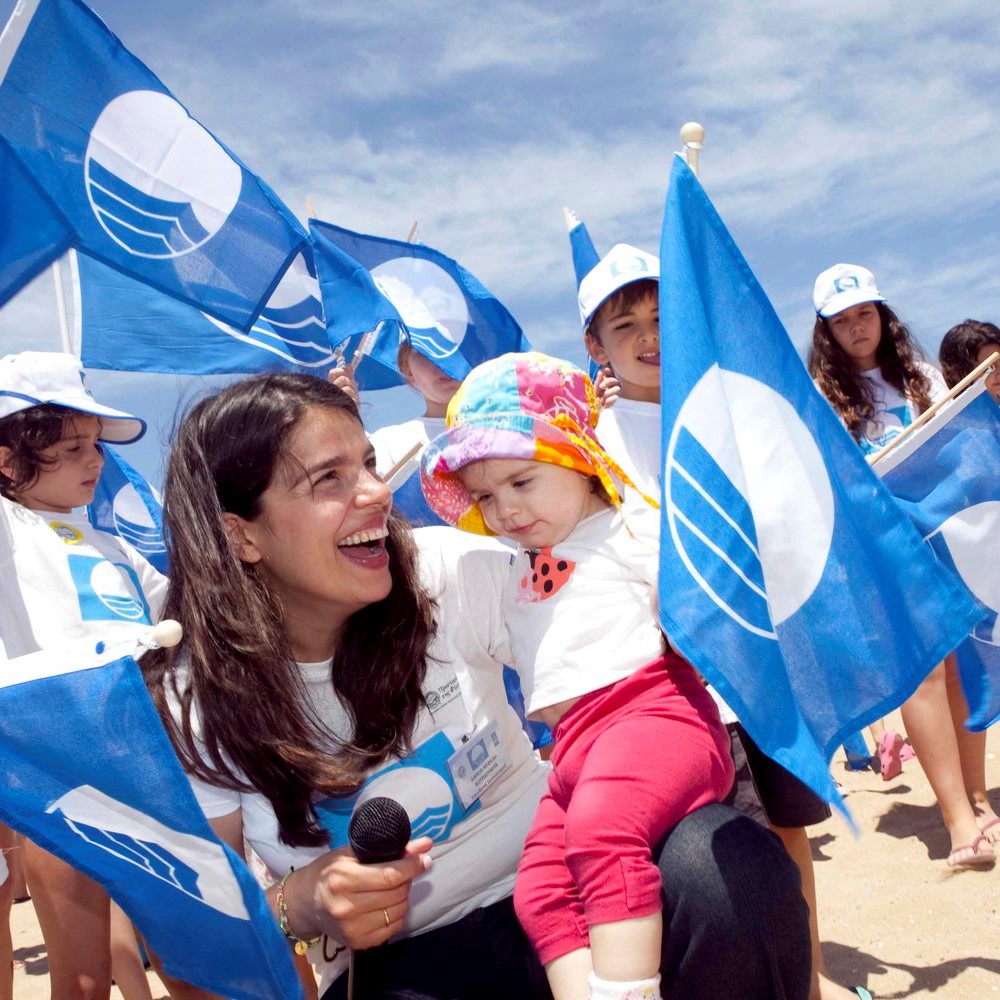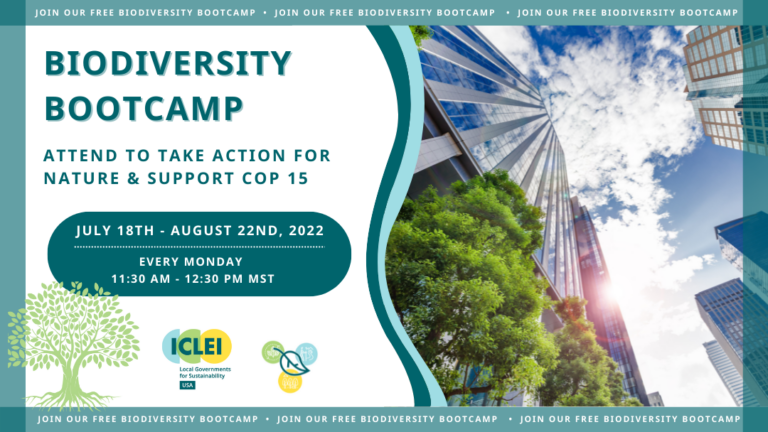
On the road to the Convention on Biological Diversity (CBD) COP15 – which will take place in Montreal from 7-19 December 2022 – ICLEI Cities Biodiversity Center, in collaboration with ICLEI’s regional offices, is providing capacity-building webinars to demonstrate uploading actions and commitments to the CitiesWithNature Action Platform, recognized in the Plan of Action on Subnational Governments, Cities and Other Local Authorities for Biodiversity (2021-2030).
By enabling and supporting local and subnational governments to achieve the global nature goals and their commitments for nature, the Action Platform is intended to align with, and feed into, the National Biodiversity Strategies and Action Plans (NBSAPs) and National Reports to the CBD of countries that have ratified the Convention.
With COP 15 around the corner, it is a crucial moment for local and subnational governments to demonstrate their commitments to actions that will contribute to the successful implementation of the new global biodiversity framework (GBF) and its targets. As a result, our Action Platform demonstration webinars aim to assist cities worldwide with using the tool as optimally as possible.
We have set up a range of webinars by region, as shown in the table below. For more information, contact the ICLEI Regional Officer of your region, as indicated in the table.
We welcome you to participate in the webinar and join the concerted efforts for living in harmony with nature.



